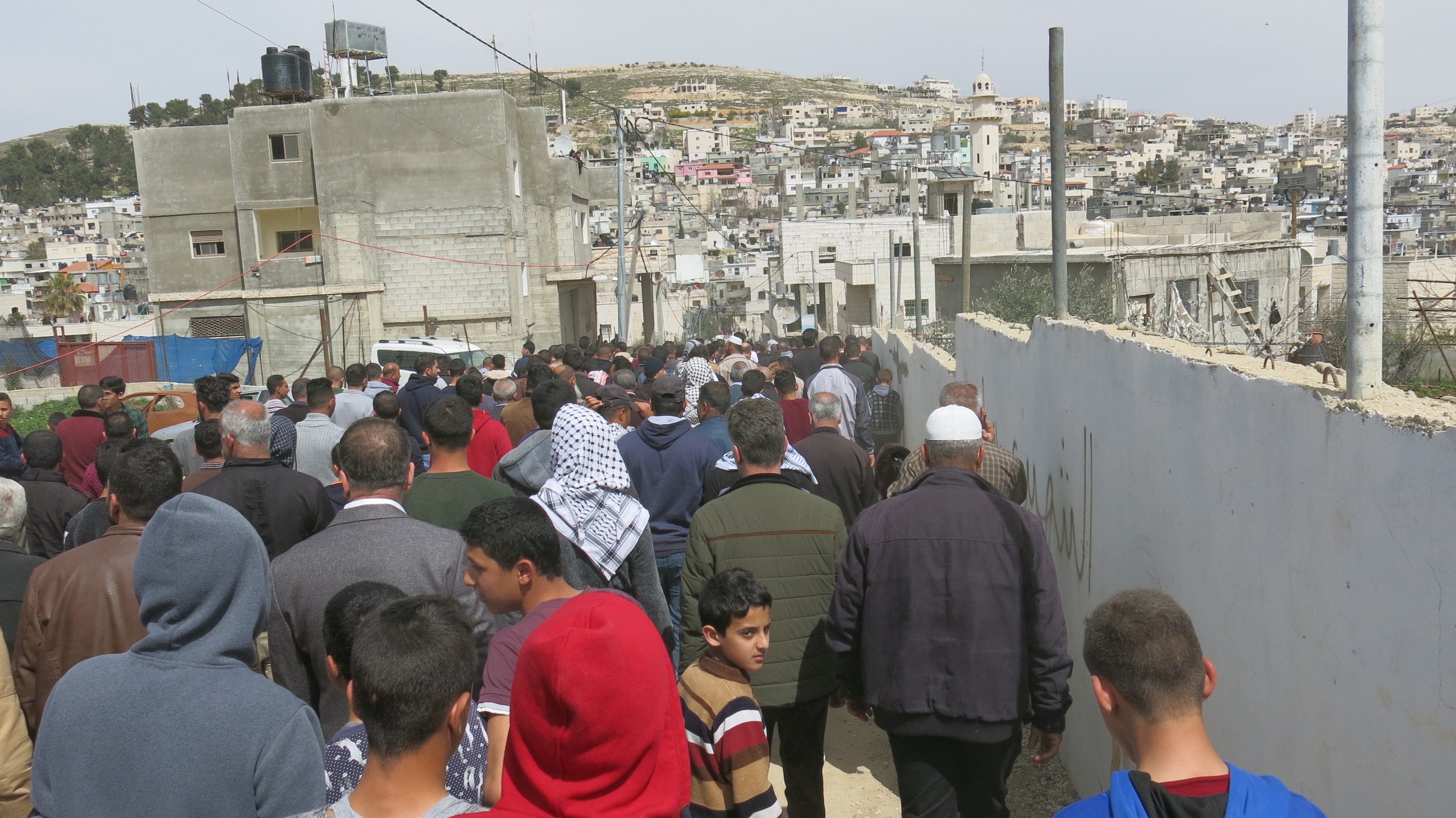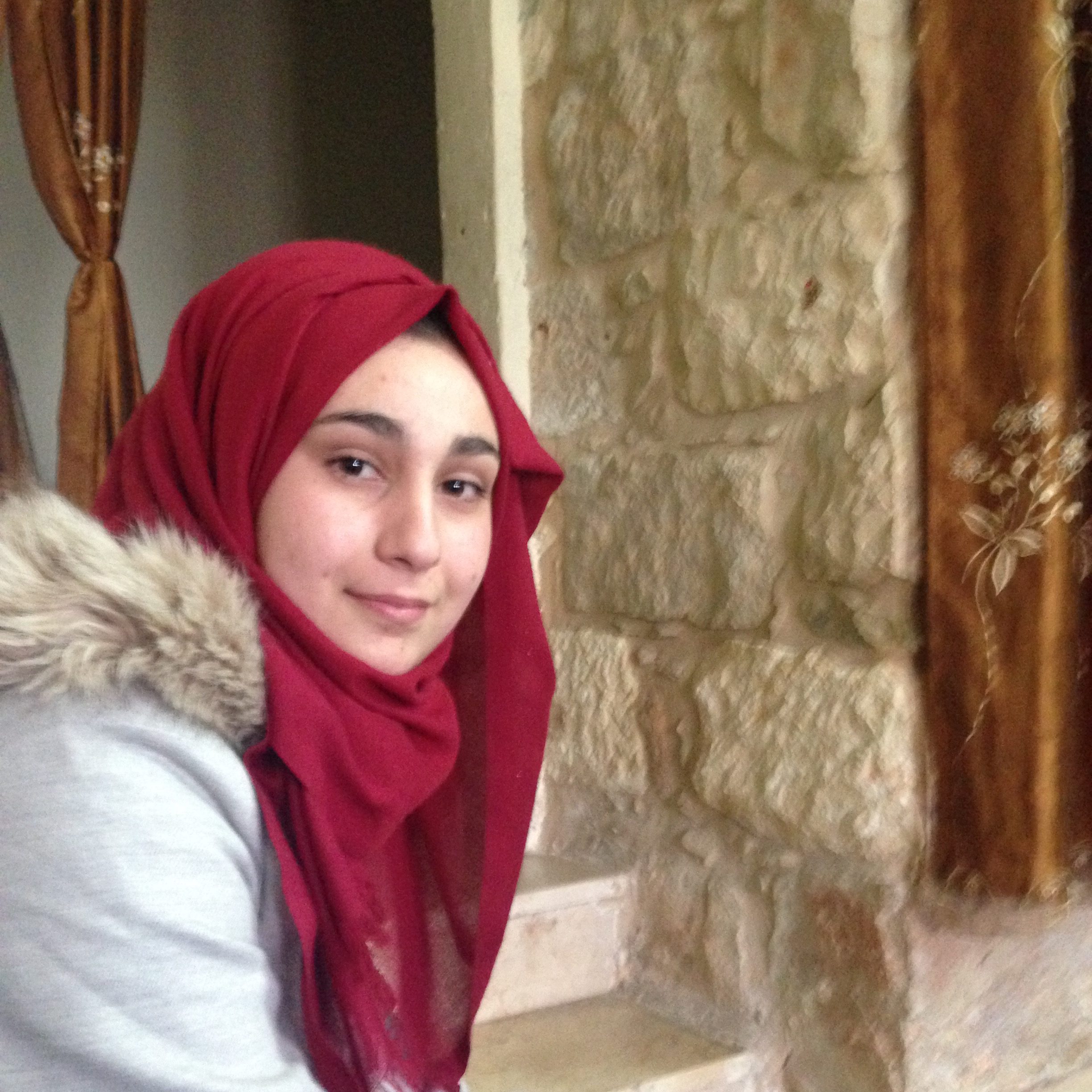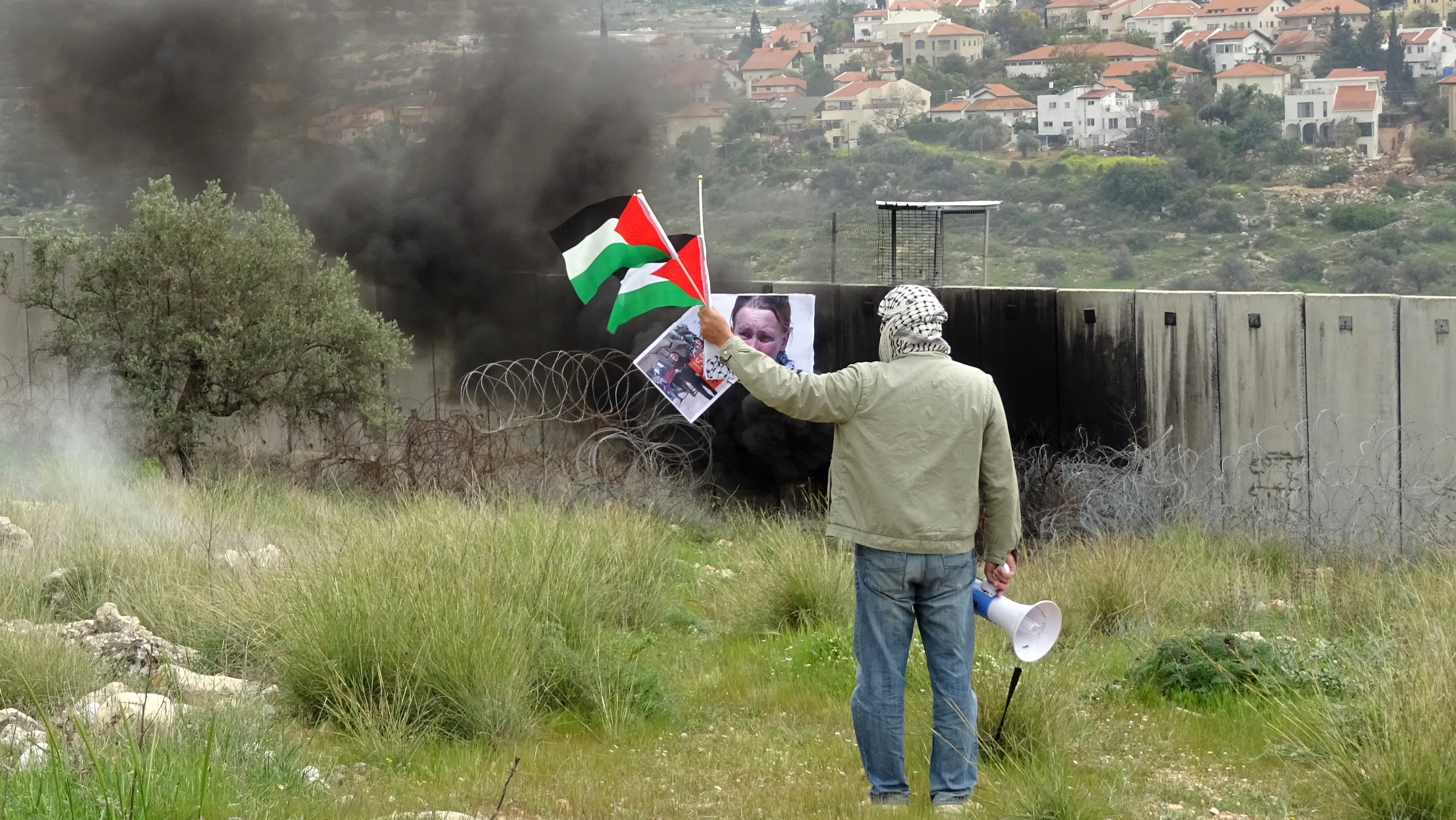Category: Features
-
16-year old killed by Israeli forces in Al Arrub, Hebron
18th March 2017 | International Solidarity Movement, al-Khalil team | Hebron, occupied Palestine Yesterday evening, on March 17th, 16-year old Murad Yusif Abu Ghazi died after being shot by Israeli forces in Al Arrub refugee camp outside Hebron in the occupied West Bank. A second Palestinian identified as 17-year old Saif Salim Rushdie is in a…
-
Speaking out and witnessing: what the Hebron camera project means to one student
17th March 2017 | International Solidarity Movement, al-Khalil team | Hebron, occupied Palestine Last week we reported on two of the training sessions run by Human Rights Defenders (HRD) here in Hebron for young people to use video as an activist tool against the occupation. Today we wanted to find out more about what the students themselves think and…
-
Ni’lin remembers Rachel Corrie and Tristan Anderson
17th March 2017 | International Solidarity Movement, Ramallah team | Ni’lin, occupied Palestine Today on 17/03/2017 the residents of Ni’lin alongside internationals and Israeli activists held a demonstration in memory of Rachel Corrie and Tristan Anderson, against the apartheid wall and against the occupation of Palestine. A parade of around fifty demonstrators, including Israeli and ISM…



